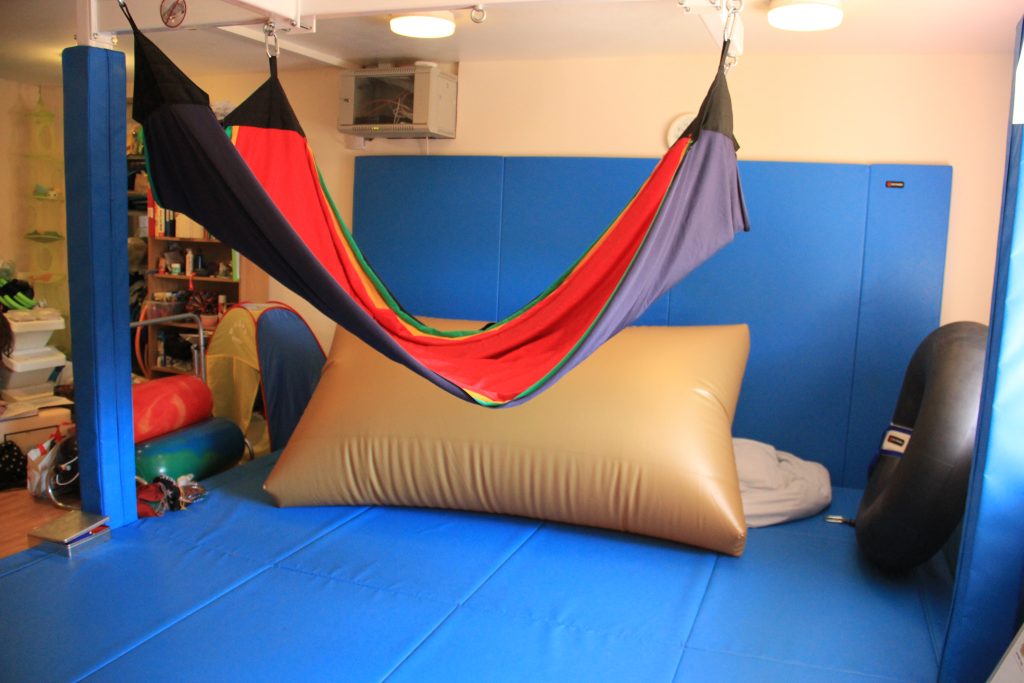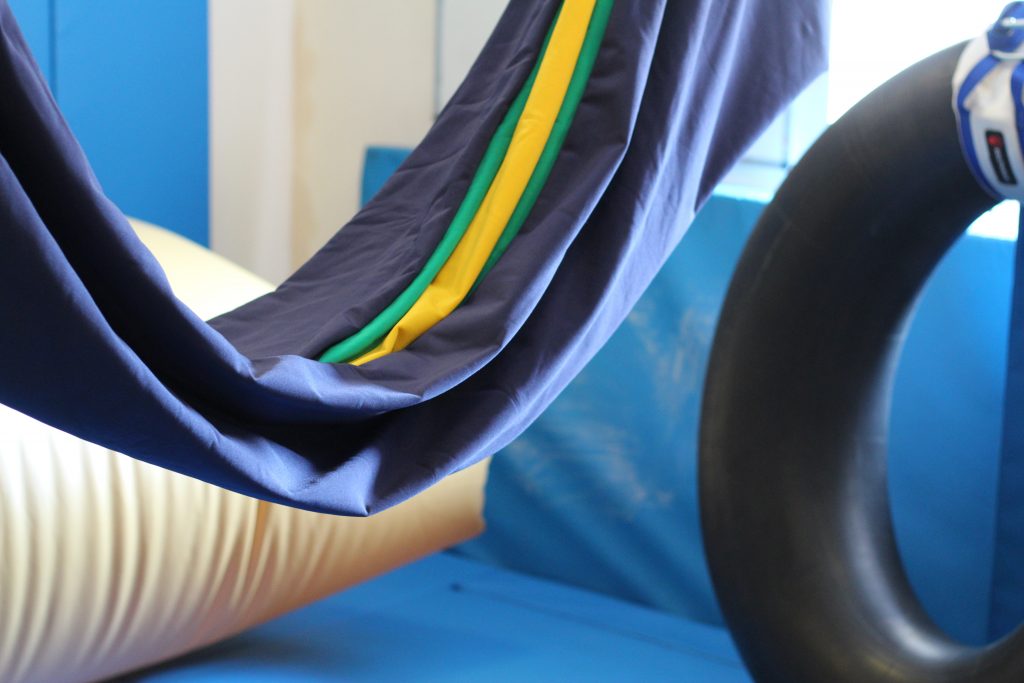Page Audio Transcript:
Speech and language Therapy:
A speech and language therapist can help children with different kinds of speech difficulties as well as language issues like dyslexia and dyspraxia.
Speech therapy can improve communication skills in children with language issues.
Many people think that speech therapists only work with people who have trouble making certain sounds (articulation) or who have stutters or lisps. Speech and language therapists do handle those speech issues. But they also help children with other kinds of problems with spoken and written language, such as dyslexia, dyspraxia and auditory processing disorder.
Occupational Therapy:
Occupational therapy can help children with coordination, focus and organizational skills.

Occupational therapists can help children with certain learning and attention issues do the activities of daily living they struggle to do.
Occupational therapy for children can lead to significant benefits, especially for those with learning and attention issues.
Occupational therapy can help children who struggle with everyday fine and gross motor tasks like using a toothbrush, writing on a chalkboard and organizing a backpack. It can also help children who struggle with self-regulation and sensory processing issues.
Somatic Experiencing Therapy
Somatic Experiencing is a body-based approach to overcoming trauma, shock and other stress disorders.
Sensory Integration Therapy
Sensory integration is about how our brain receives and processes sensory information so that we can do the things we need to do in our everyday life.
Sensory integration therapy aims to help children with sensory processing issues (which some people may refer to as “sensory integration disorder”) by exposing them to sensory stimulation in a structured, repetitive way. The theory behind it is that over time, the brain will adapt and allow kids to process and react to sensations more efficiently.
Sensory integration (SI) therapy should be provided by a specially trained occupational therapist (OT). The OT determines through a thorough evaluation whether your child would benefit from SI therapy. In traditional SI therapy, the OT exposes a child to sensory stimulation through repetitive activities.
The OT gradually makes activities more challenging Pastoral approach
and complex. The idea is that through repetition, your child’s nervous system will respond in a more “organized” way to sensations and movement.
https://www.sensoryintegration.org.uk/What-is-SI

